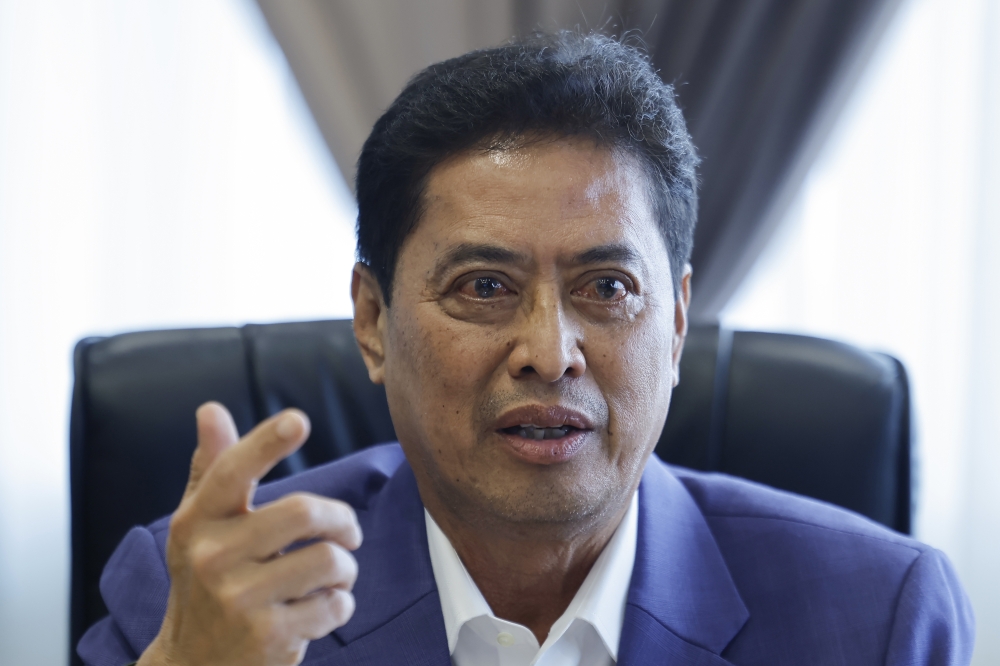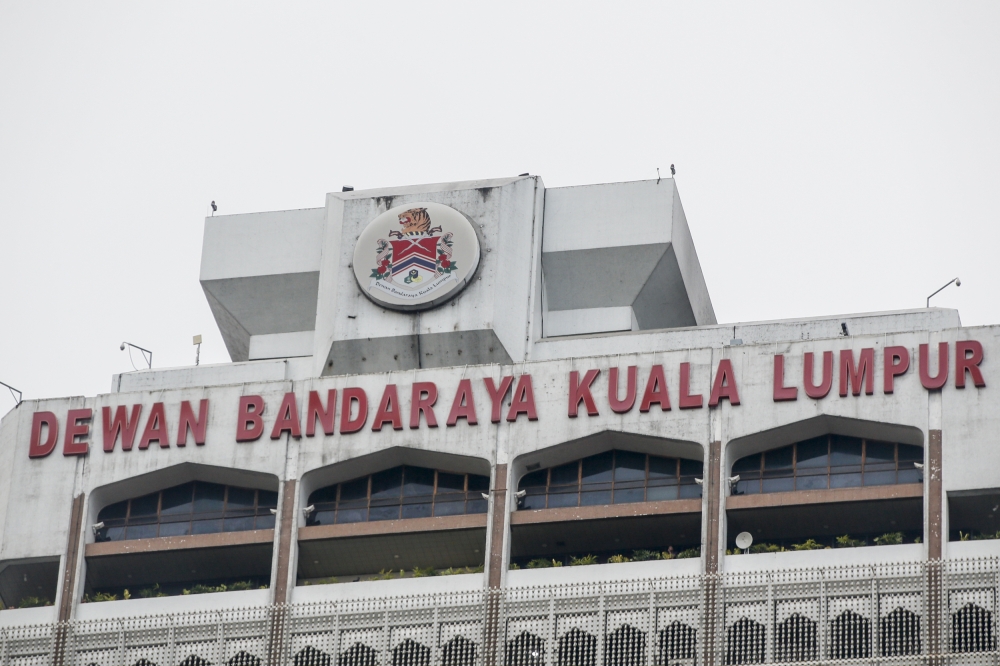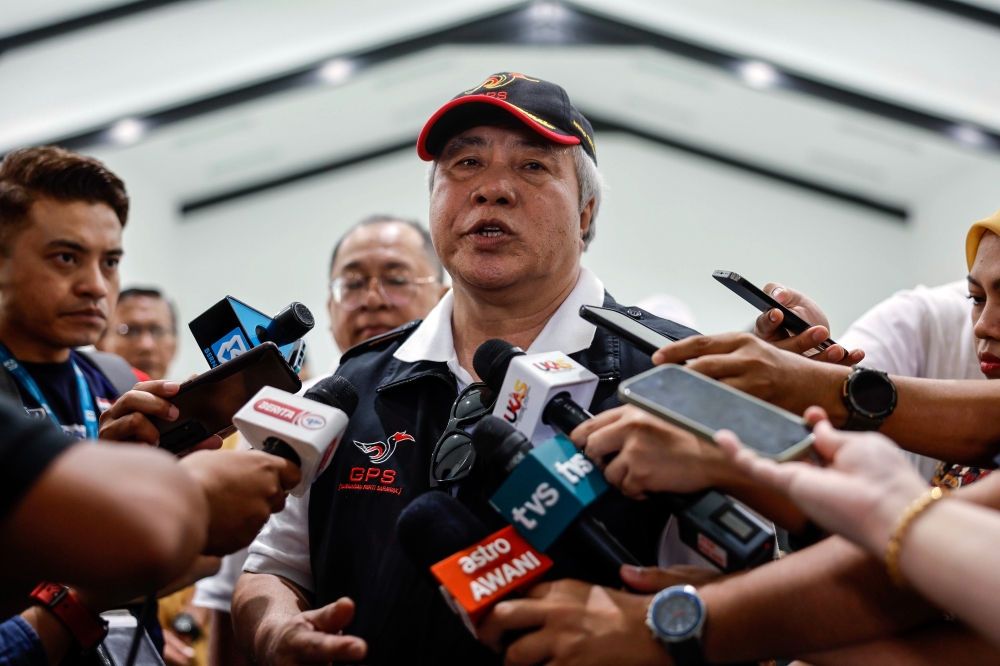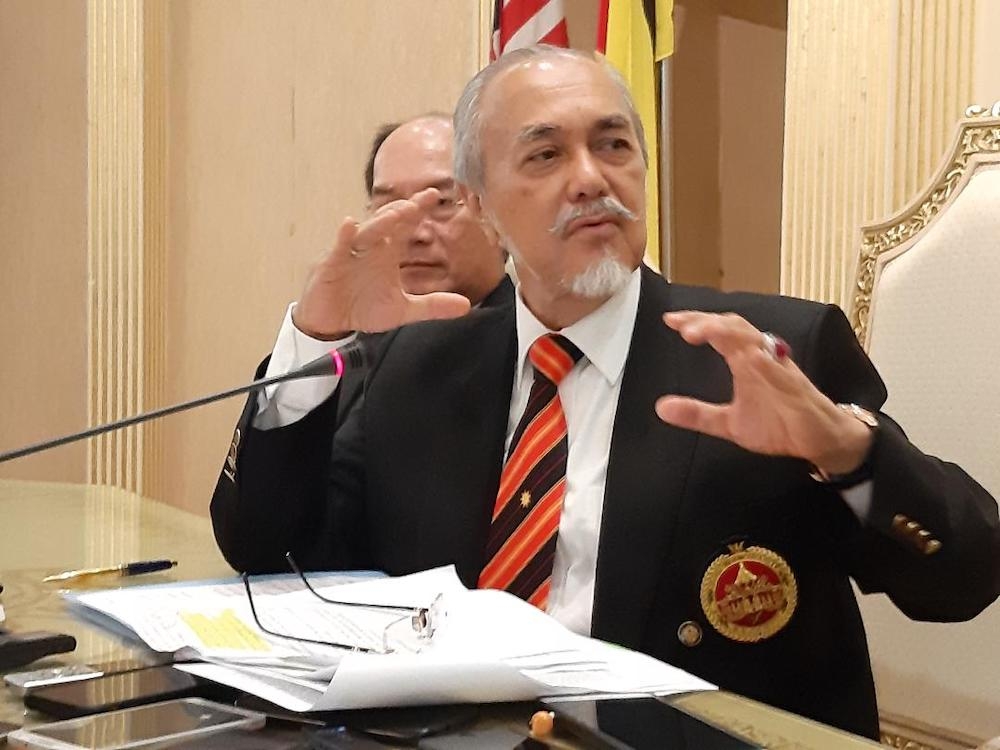KUCHING, Nov 20 — Deputy Premier Datuk Awang Tengah Ali Hasan today said the tabling of the Sarawak Ombudsman Bill in the state assembly is a clear manifestation of the state government’s commitment to maintain integrity and ensure that state public service agencies provide a high-quality service to the people.
He said the Bill epitomises Sarawak’s strategic direction outlined by the Post-Covid-19 Development Strategy towards the attainment of a high-income economy by 2030.
“In a world where transparency and accountability are essential for a functional democracy, the ombudsman plays essential roles in ensuring the voice of the people is heard, and the government operates in the best interest of its citizens,” he said.
He said the law would also seek to enhance transparency and accountability in government agencies by allowing the public to report maladministration to the ombudsman.
“The Sarawak Ombudsman will ensure check-and-balance elements are in place and will enable the government to improve its public delivery systems, adding that this will lead to a better administration and increase public trust and respect in the government.
“The establishment of our very own law on ombudsman will provide independent oversight on the performance of our state public service agencies,” Awang Tengah said.
He said the Sarawak Ombudsman will have the authority to supervise the state public service agency, which encompasses the state civil service; local authorities; state statutory bodies; and government-linked companies.
He said the chief ombudsman may appoint any relevant persons to be members of the Investigation Committee to investigate complaints and may require the attendance of any person who can assist in the investigation.
“Notwithstanding any complaint, the ombudsman may initiate any action on its own if it thinks it is necessary,” he said.
Awang Tengah said the Bill seeks to impose penalties ranging from RM10,000 to RM50,000 and imprisonment ranging from six months to three years respectively or both upon conviction in court.
He said the offences include intentionally giving false information; failure to appear upon receiving notice; exercising improper influence; and wilfully obstruct, hinder, or resist the ombudsman or any other person in the exercise of their powers.
He added the other offences include committing contempt towards the ombudsman; and making misrepresentation.



















